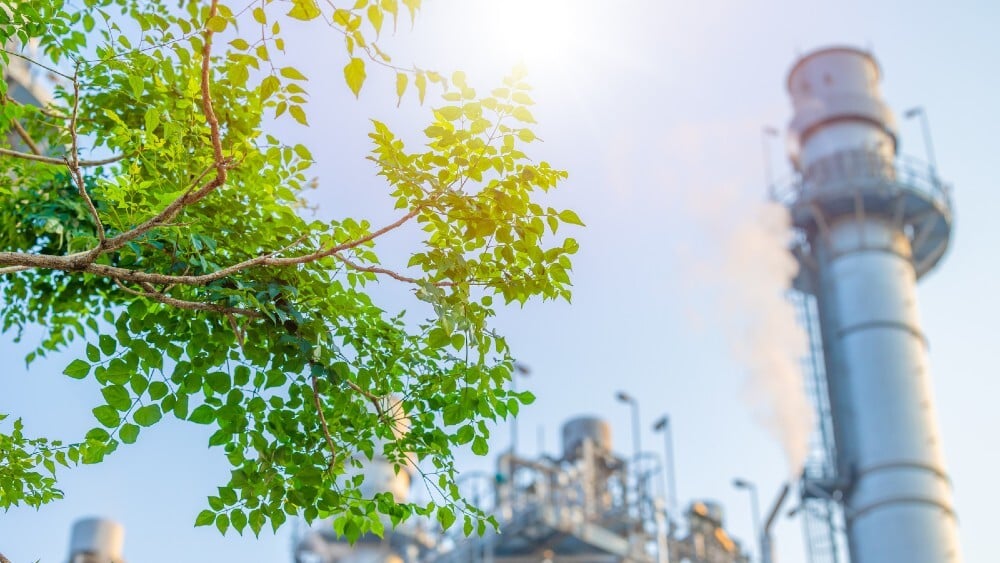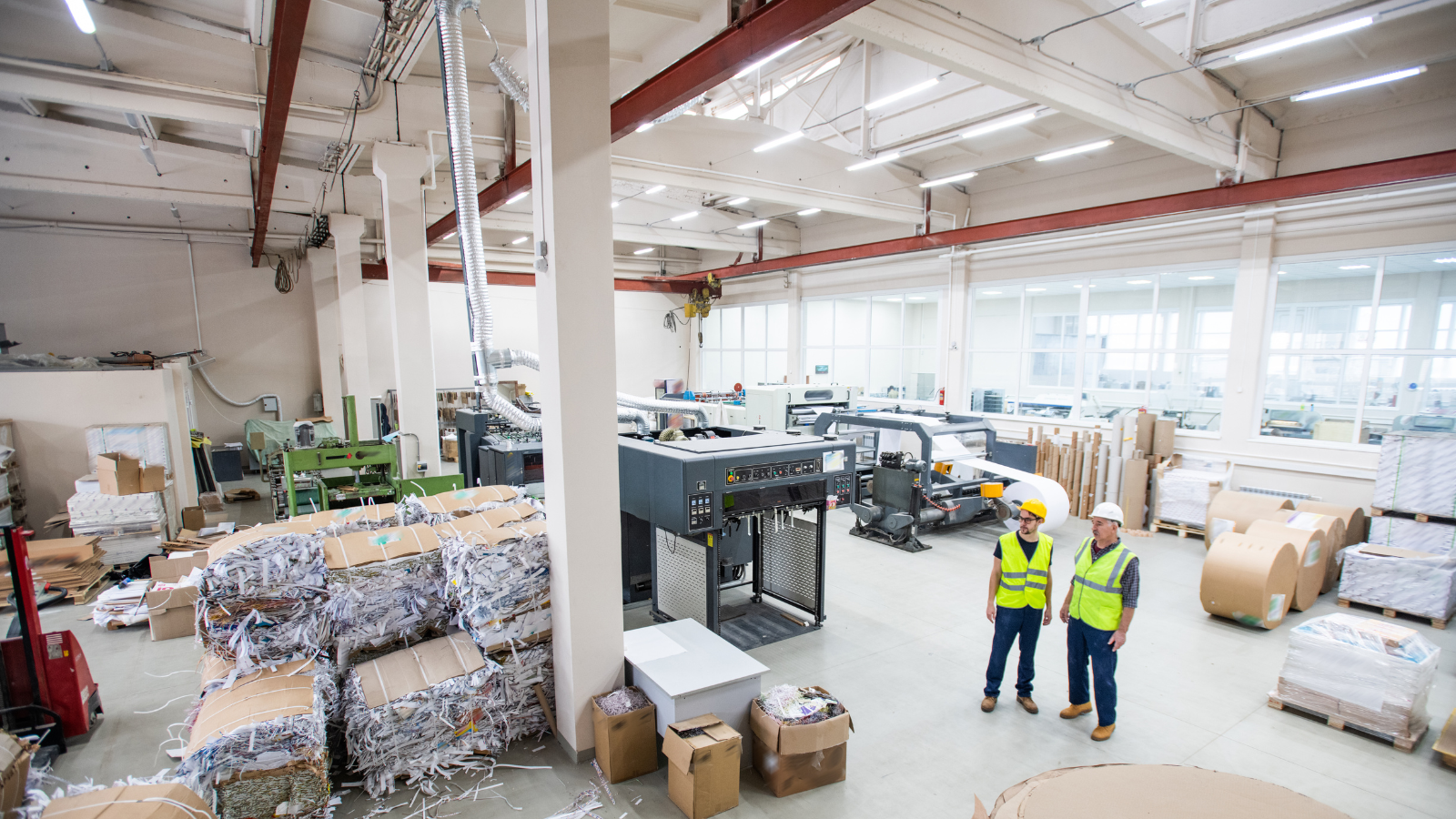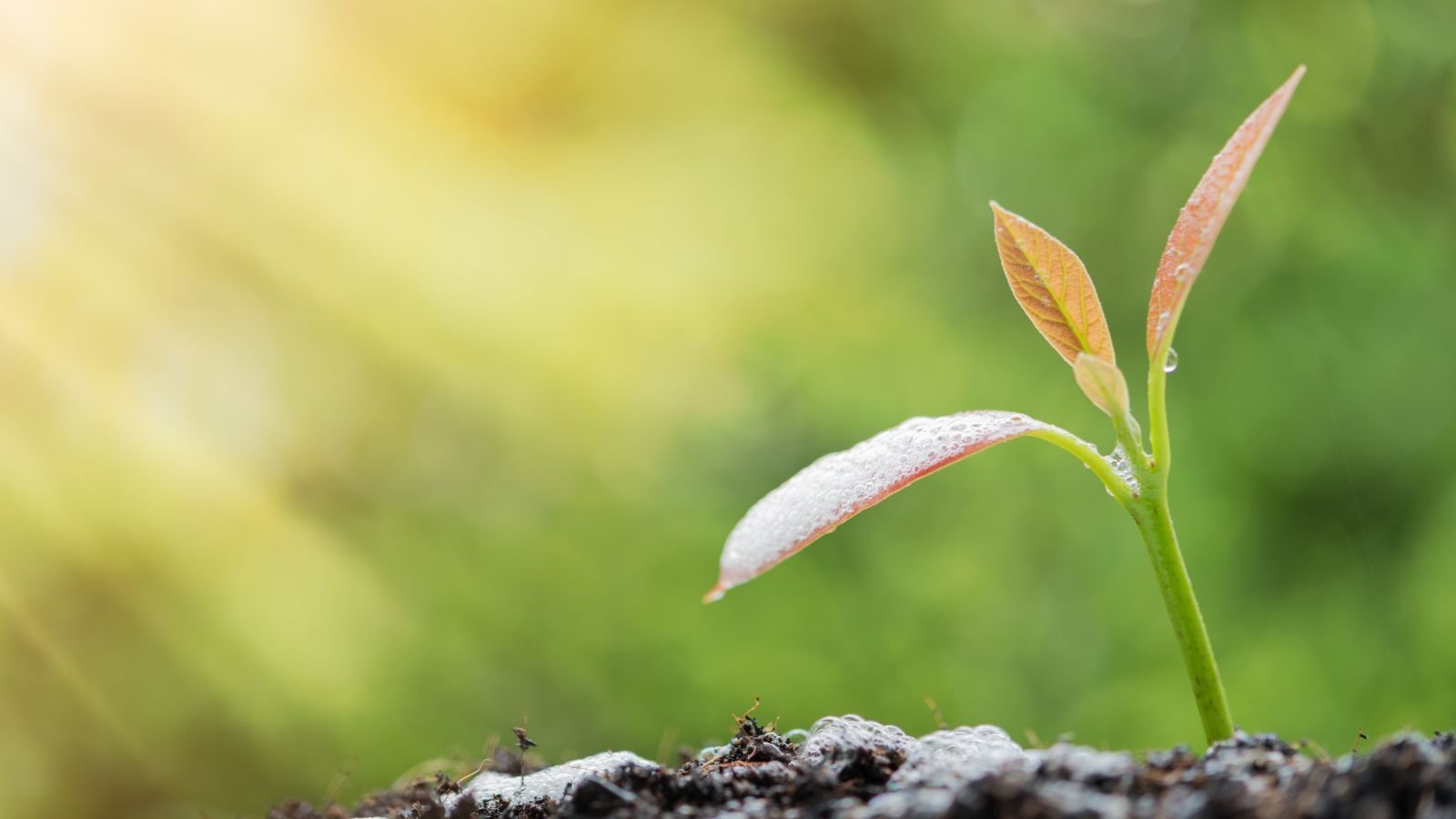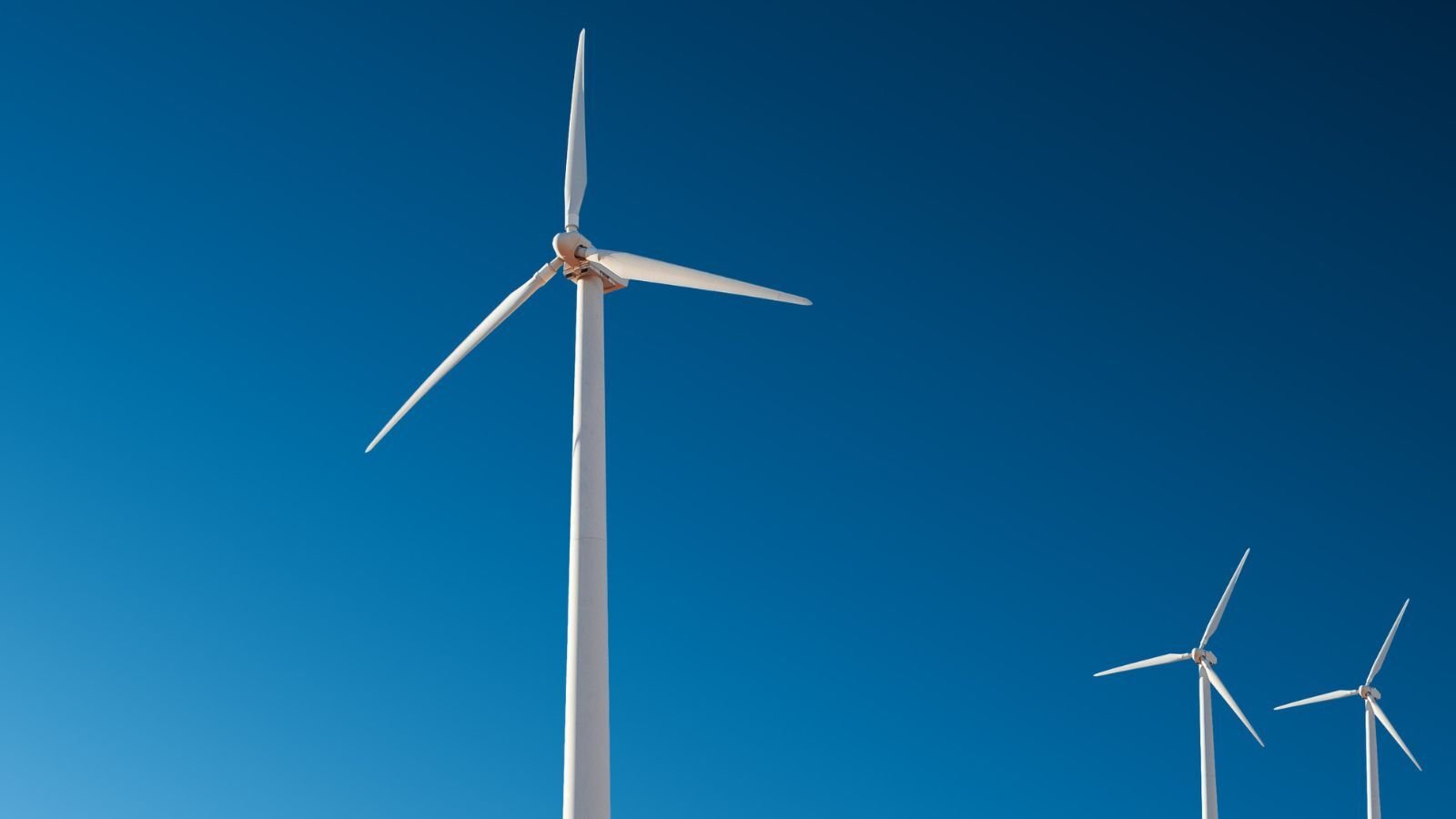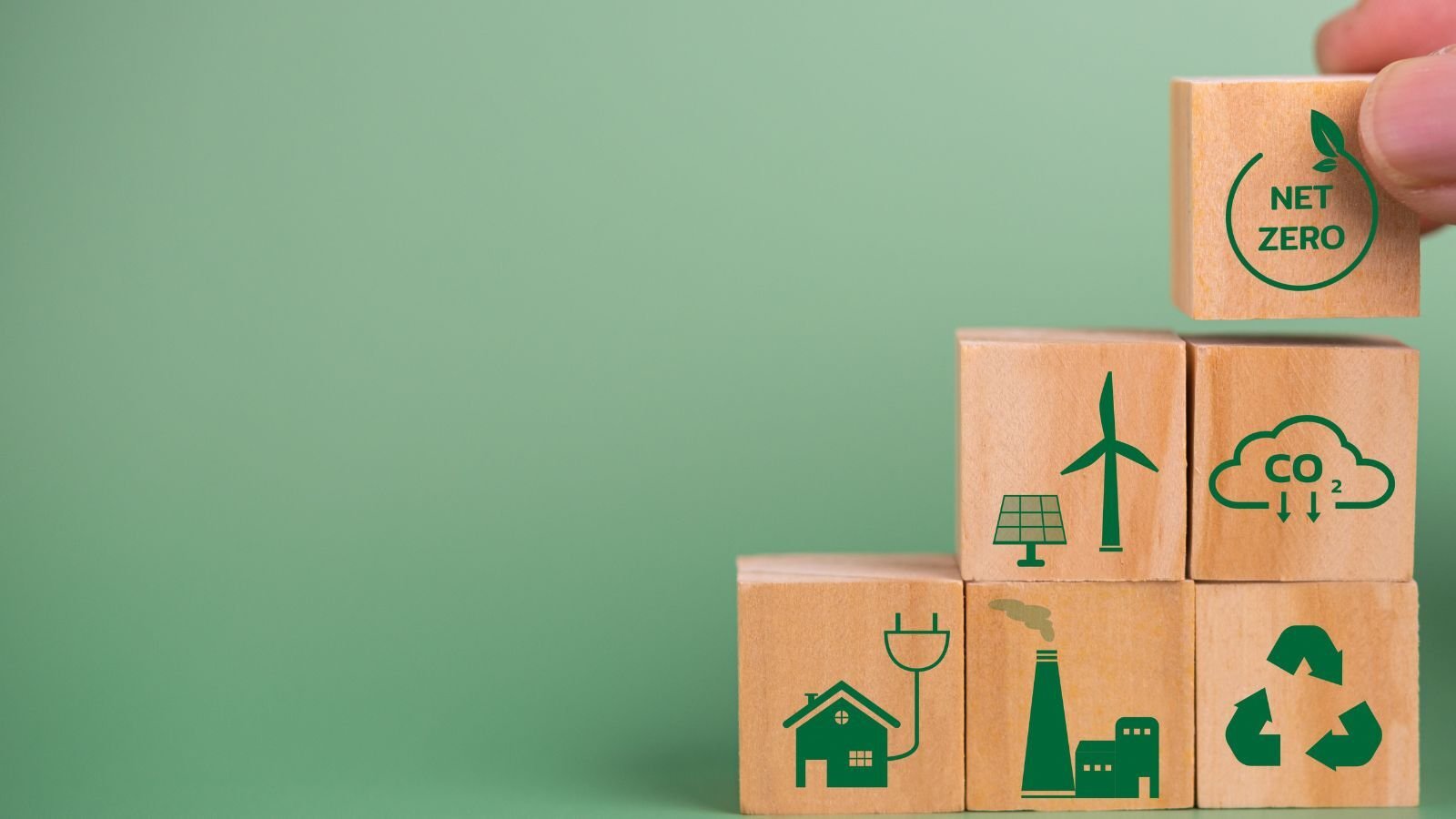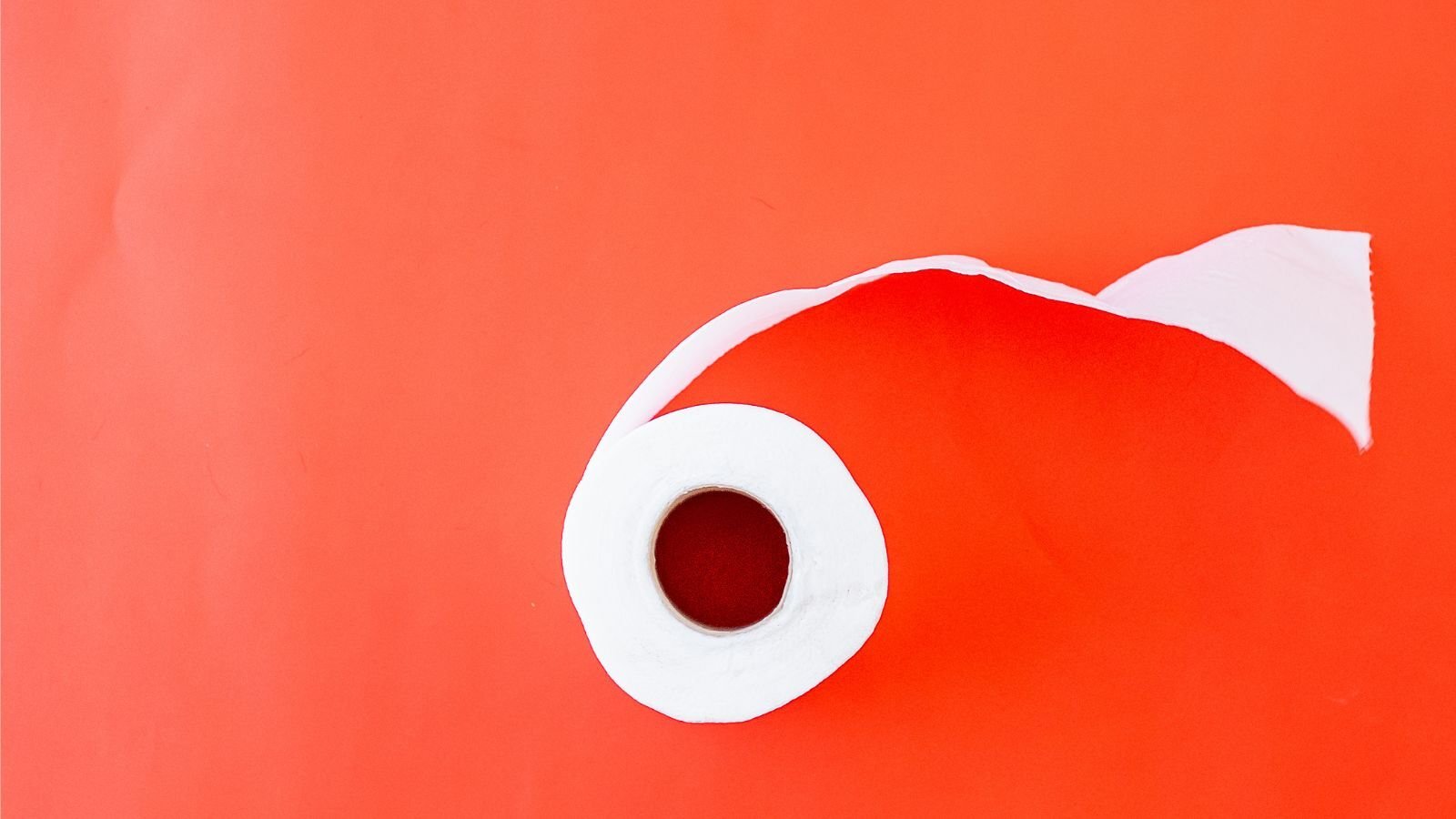Last Updated JULY 2023
Moving to zero-waste with the circular economy
More of our waste ends up in landfill or is incinerated, but we have the solutions to change this

The ins and outs of waste management
We are currently producing waste faster than we can recycle it. In 2021 the world created 2.2bn tons of waste, a figure that is expected to double by 2050. Drastic change is needed. The good news is that there are solutions but we need to scale them. These include waste prevention methods, eco-design, and moving towards a circular economy. If we can change our approach to waste, we could reduce carbon emissions, protect the planet and grow our economies.
It will be a challenge, but the move to a zero-waste circular economy could provide businesses and communities with opportunities for cost savings and new revenue streams. The figures, as they stand today, show that we need to shift to a zero-waste economy.
The global picture:
- 37% of solid waste currently ends up in landfill
- 33% end up in open dumps
- 11% ends up in incinerators
- Only 14% is recycled1
A waste of money
All this waste is hurting businesses and countries. The global cost of solid waste management is projected to be €380 billion a year by 20252. Not only will it cost businesses money, but it will also be costing us in the fight against climate change. Poor waste management contributes 5% of the world's annual carbon emissions3, damages ecosystems, and contaminates soil and water. 4
Despite these gloomy statistics, there is cause for optimism. Attitudes towards waste and sustainability are changing. One survey found that 9 out of 10 Europeans said that recycling is an important civic duty and that not enough is being done to encourage it.
The Circular Economy: the end of waste?
The term "the circular economy" is being increasingly used in sustainability circles, but what does it mean? In the simplest terms, it means moving from an economy that functions on a "take, make, dispose" approach to one of "reduce, reuse, recycle"5. The fundamental goal of the circular economy is to remove the concept of waste from our economies altogether. It represents a wholesale system change that tackles climate change, biodiversity loss, waste, and pollution. There are three core principles at the heart of taking a "circular" or "closed loop" approach:
- Design out waste and pollution
- Keep products and materials in use and at their highest value
- Restore natural systems and enhance lives
At Kimberly-Clark Professional™ we know that talking about zero-waste counts for nothing unless you take necessary action. This is why we are designing our products looking at their complete life cycle so that the least amount of waste is produced, from manufacturing to transport, from use to collection and recycling.
Whilst many of our customers already have a lot of activities in place to reduce their waste footprint, one area where they needed greater help from us was to increase their paper recycling rates. This is where our RightCycle™ Programme comes into play, helping our customers find recycling solutions for hard-to-recycle products.
As part of our programme, we remove, collect, and collate an organisation's old dispensers – no matter who the manufacturer is – and install new, more sustainable units. The raw materials from the old dispensers are then processed and turned into new products. We applied a similar approach to our own branded hand towels. We created a closed-loop service where organisations separate their used hand towels from their general waste to avoid contamination which enables us to return them to our mills, where the fibres are recycled and used to manufacture new tissue products.
Going full circle: the next obvious step
Businesses and organisations like us aren't just embracing the circular economy because it is good for the environment. It also makes good business sense. But for the circular economy to make a real impact, it must be adopted globally. Only 8.6% of the global economy is currently circular, which is a missed opportunity,6. Accenture estimates states that the circular economy could unlock €4.5 trillion of economic growth7. Shifting to a system that maintains and recycles the planet's finite resources is essential.
Our world needs to produce 50% more food and energy and 30% more water8 to support the human population over the coming decades. The global economy will struggle to achieve this unless we take a circular approach that reduces waste and protects the environment. The opportunity is there. We just need to go full circle.
1 https://www.economist.com/films/2022/03/29/cleaning-up-the-global-mess
2 https://www.worldbank.org/en/news/feature/2012/06/06/report-shows-alarming-rise-in-amount-costs-of-garbage#:~:text=The%20projected%20rise%20in%20the,%24205%20billion%20to%20%24375%20billion
3 https://ieg.worldbankgroup.org/blog/towards-circular-economy-addressing-waste-management-threat
4 https://www.eea.europa.eu/publications/signals-2014/articles/waste-a-problem-or-a-resource#:~:text=Air%20pollution%2C%20climate%20change%2C%20soil,gas%20linked%20to%20climate%20change
5 https://www.weforum.org/agenda/2022/05/the-circular-economy-how-it-can-be-a-path-to-real-change/
6 https://www.renewablematter.eu/articles/article/circularity-gap-report-2022-only-8-6-of-the-global-economy-is-circular#:~:text=Articles-,Circularity%20Gap%20Report%202022%3A%20only%208.6%25%20of,the%20global%20economy%20is%20circular&text=Share%20on%20social%20media%3A,2015%20and%20COP26%20in%20Glasgow
7 https://newsroom.accenture.com/news/the-circular-economy-could-unlock-4-5-trillion-of-economic-growth-finds-new-book-by-accenture.htm
8 https://www.weforum.org/impact/helping-the-circular-economy-become-a-reality/










